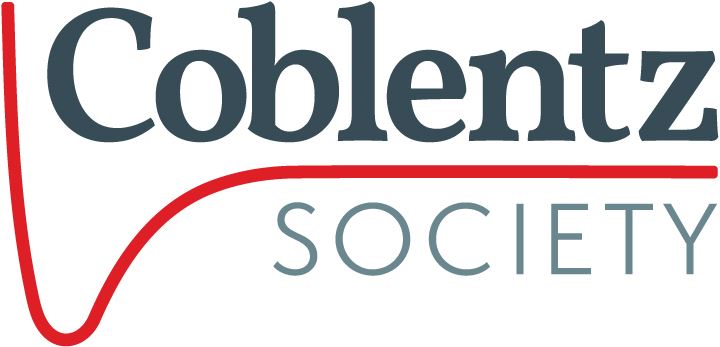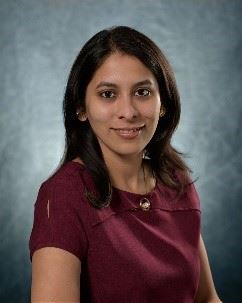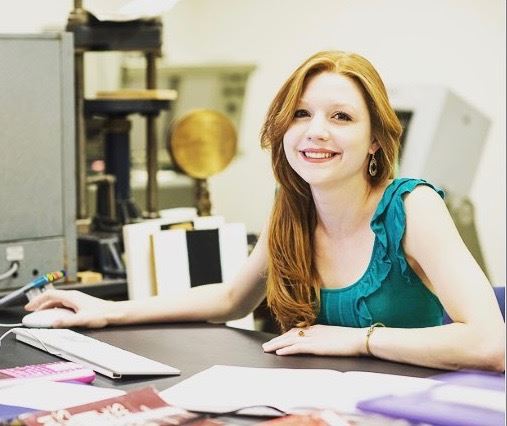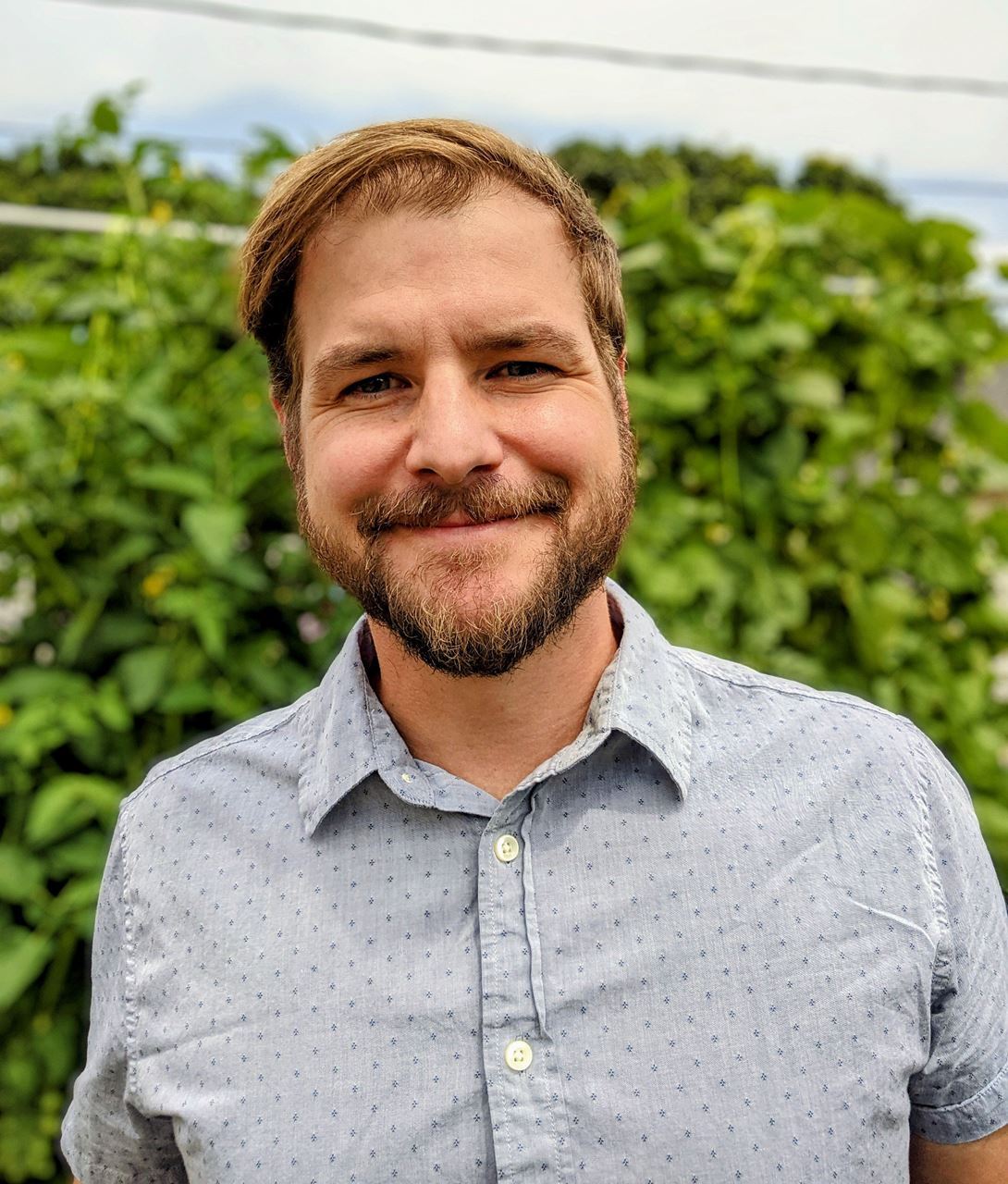William G. Fateley Student Award
 The William G. Fateley Student Award is given by the Coblentz Society annually to recognize outstanding contributions to vibrational spectroscopy during a current Ph.D. program.
The William G. Fateley Student Award is given by the Coblentz Society annually to recognize outstanding contributions to vibrational spectroscopy during a current Ph.D. program.
William G. (Bill) Fateley was among the first winners (1965) of the Coblentz award, and worked tirelessly to promote the Pittsburgh Conference and FACSS. Author of more than 350 publications and recipient of numerous other awards, he returned to his alma mater, Kansas State University, as chairman of his department in 1972 and served there until his retirement 1997 and beyond. He served as the Editor of Applied Spectroscopy for 20 years, and served as mentor to a generation of spectroscopists.
For more information on the William G. Fateley Student award go to: https://sites.google.com/a/coblentz.org/coblentz/awards/william-g-fateley-student-award
2022 recipient
 Yamuna Phal
Yamuna Phal
Yamuna Phal is a Ph.D. candidate in Electrical and Computer Engineering at the University of Illinois at Urbana-Champaign (UIUC). She received her B.Tech. from the Indian Institute of Technology Roorkee (IIT-R) and an M.S. from the California Institute of Technology (Caltech) both in Electrical Engineering. After working as an analog research engineer with Finisar and the Swedish Institute of Space Physics she joined Prof. Bhargava’s research group to develop next-generation IR imaging instruments. She was able to bring her knowledge and expertise in design of spectroscopic instruments for remote sensing applications to the field of vibrational spectroscopy, specifically to develop novel cancer imaging technology.
Yamuna’s research work involves the development of quantum cascade laser (QCL)-based vibrational circular dichroism (VCD) spectroscopy and imaging techniques for the rapid identification and separation of chiral samples. Her recent publications include the first study on VCD imaging and demonstration of its capabilities (Analytical Chemistry, 2021) and using decision theory to provide an analytical formulation for the resolution limit of spectral imaging systems (Journal of Physical Chemistry C). Both of these were featured on their respective journal covers. Her work has resulted in five first author peer-reviewed publications, nine total publications, and a book chapter. Her work has been recognized by awards in different scientific communities, including the best student poster award at SciX 2021. She was invited to present her work at OSA Biophotonics Congress and FACSS SciX in 2021. She was also selected to represent UIUC at the Global Young Scientists Summit in early 2022.
Yamuna is a recipient of the prestigious Cadence Women in Technology Program, the President of India Award (IIT-R), a Jet Propulsion Laboratory (JPL) Fellowship (Caltech), the Nadine Barrie Smith Award and the James Henderson Fellowship (UIUC). She is a passionate teacher and has been recognized by the Harold Olsen Award and E. A. Reid Fellowship for undergraduate teaching and engineering education at UIUC. Yamuna has served as a mentor to several high school, undergraduate, and graduate students and is committed to helping underrepresented students join STEM careers. Moreover, her efforts in undergraduate teaching have been recognized by the UIUC graduate college and she has been consistently ranked as an excellent teacher in Fall 2017 and Spring 2018. She is a founding member of the Society for Applied Spectroscopy (SAS) Illinois chapter and currently serves as President of the Society of Photo-Optical Instrumentation Engineers (SPIE) student chapter at UIUC.
past recipients
2021 Paulina Koziol
2019 Shachi Mittal
2017 David Bryce
2016 Mustafa Unal
2015 Marie Richard-Lacroix
2014 Chris Huber
2013 Tomasz P. Wrobel
2012 Xiaohua (Sarah) Zhou
2011 Rohith Reddy
2010 Ali Eftekhari-Bafrooei
COBLENTZ SOCIETY STUDENT AWARDS
For many years, the Coblentz Society has recognized outstanding young scientists pursuing studies in vibrational spectroscopy with Coblentz Student Awards. Awardees receive a copy of the Society’s Desk Book of Infrared Spectra, a certificate, SciX registration, and a year's membership in the Society. The winner’s faculty advisors, institution, and anticipated graduation date appear in the Society’s Newsletter and website.
2021 RECIPIENTS

Isabella Goodenough
Isabella Goodenough is a graduate research assistant earning her PhD in physical and analytical chemistry with a focus in vibrational spectroscopy of complex nanoporous materials at Temple University in Philadelphia, Pennsylvania. She is involved in a collaborative project between the University of Pittsburgh and Temple University, which seeks to develop superior sorbents capable of capturing and degrading hazardous chemical agents, such as chemical warfare agents and toxic industrial chemicals. The ultimate goal of this work is to design protective equipment for military, industrial and civilian personnel using multifunctional, porous-hybrid nanomaterials, which couple Metal-Organic Framework (MOF) scaffolds and non-noble metal plasmonic nanoparticles. To date, Isabella’s role in this project has been to develop a fundamental insight on the interactions of the MOF scaffolds with select target analytes using in situ FTIR techniques under ultra-high vacuum conditions in order to understand the adsorption, transport and desorption phenomena in MOF-analyte systems. In addition, she uses vibrational probe molecules to understand the nature and distribution of defects in these materials.
Outside of the laboratory, Isabella serves as the Chair of the Philadelphia Younger Chemists’ Committee (YCC) and is a founding member of the Eastern US YCC partnership. Her mission is to build a network of motivated young professionals that will empower and unite chemists in the community. She is passionate about pursuing social justice through community engagement and strives to advance accessibility, representation, and equality in STEM disciplines. In the future she hopes to expand the boundaries of leadership and teamwork to influence positive change and to inspire diversity and inclusion.
 Christopher Warkentin
Christopher Warkentin
Chris Warkentin is currently a Ph.D. candidate in experimental physical chemistry at the University of Minnesota. Prior to his academic career, he found work building trails in the Appalachian Mountains, restoring wetlands in the Midwest, establishing a sustainable farm, and managing a custom construction shop. These experiences informed his interest to pursue a career in sustainability and his eventual return to collegiate studies at Indiana University South Bend. Here his research career began, exploring a range of interests in chemistry and physics. As a SMART Research Fellow, under the advisement of Dr. Grace Muna, he developed nickel-palladium modified glassy carbon electrodes for the electro-analytical detection of steroid hormones in local surface waters. In 2017, he earned a BS in Chemistry with minors in Physics and Mathematics from IUSB and moved to Minneapolis to pursue his doctoral degree in Chemistry at the University of Minnesota under the advisement of Dr. Renee Frontiera. While pursuing his Ph.D., he obtained his master’s degree in Chemistry in 2018.
Today, his research interests center on using surface-enhanced Raman spectroscopy (SERS) to investigate the dynamics of plasmon-driven chemistry in a variety of plasmon-molecule systems. A better understanding of plasmon-molecule interactions could aid in the rational design of new plasmon-based green catalysts for more sustainable chemical production and solar energy generation. Chris’ work uses ultrafast (ps) time-resolved SERS and steady-state (ms) SERS in order to understand both the fast energy-transfer dynamics that occur on the timescale of plasmon decay and the slower reaction kinetics that result from the cumulative effects of continuous irradiation. His research, in collaboration with theorists and material scientists, has revealed new insights into nanoscale spatial control of plasmon-driven processes, ultrafast plasmon-induced charge transfer, and upconversion applications with new plasmonic materials.
Chris has earned a number of awards during his tenure at the University of Minnesota, where he is currently an Institute on the Environment Renewable Energy Commercialization Fellow. He is an active member of the Analysis and Compliance committee for the Departments of Chemistry and Chemical Engineering and Materials Science Joint Safety Team and involved with various student groups within the department. Outside of the lab, Chris enjoys hiking, fishing, gardening, and playing with his 11-month old son, Oliver.
%20(1).png)
